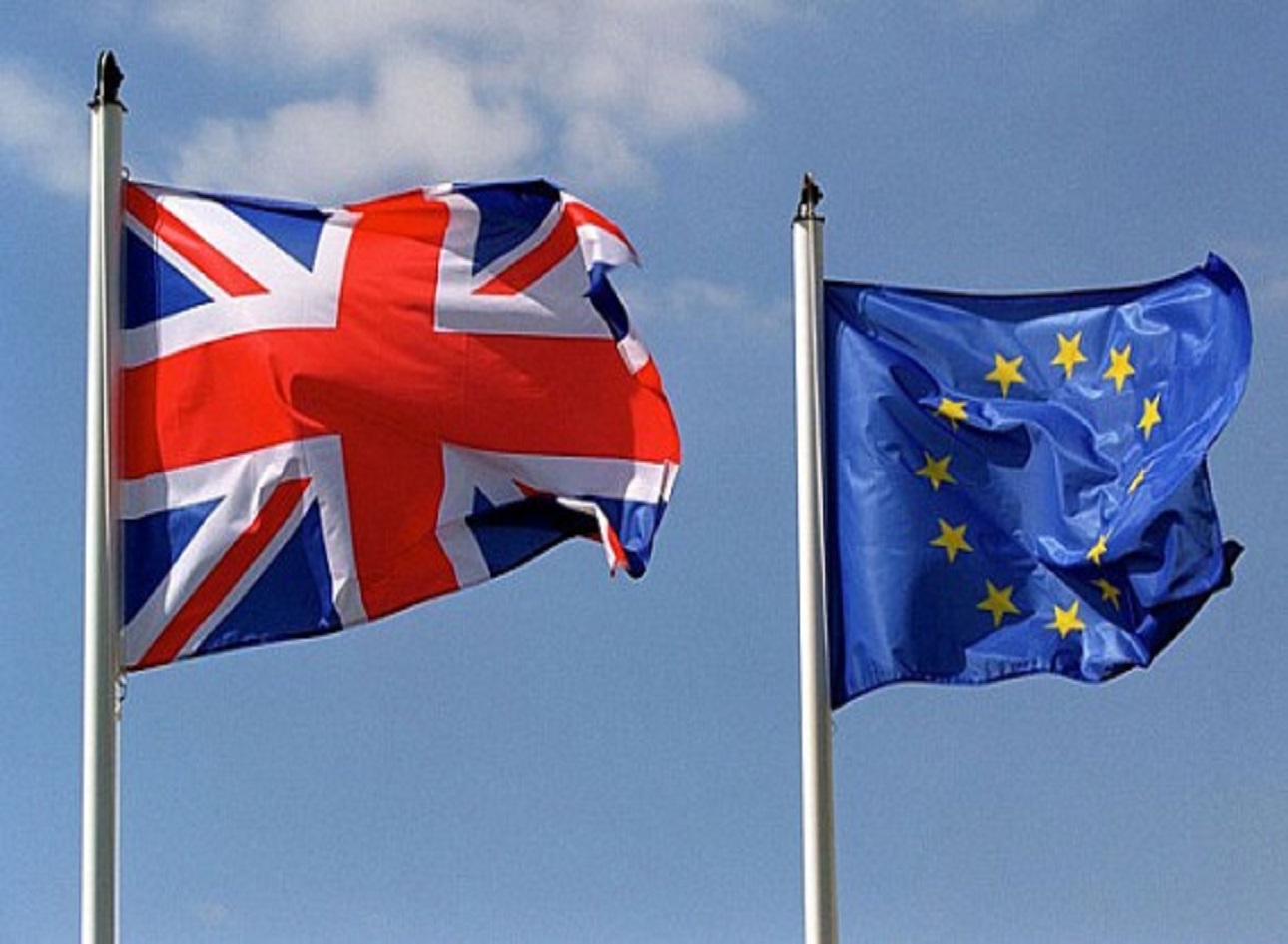The UK leaving the European Union will be one of the biggest constitutional changes in living memory. Researchers have been using new data from Understanding Society to better understand support for both sides of the debate on Brexit.
Throughout 2016 and 2017, Understanding Society has been asking its respondents whether they would prefer to leave or to remain a member of the European Union. The normal release date for this wave of data (wave 8) would be November 2018. However, in order to allow researchers to use this data in a timely fashion to address current policy and political decisions, we obtained funding from the Economic and Social Research Council to release the part of the data that was collected during 2016. Researchers who wanted access to the data submitted an entry to our competition in March; we received 27 applications involving 65 individual researchers, of which 16 projects had no researcher on the team who had used the study before.
The topics of the research being carried out fit into three themes, which underline the usefulness of the multiple disciplines covered in the data, and its panel design where the same people are interviewed again each year. The largest group of projects considers the ‘left behind’ narrative – that is, why were people with less education, in working class jobs, and deprived areas more likely to support Leave? Many projects are taking an interdisciplinary approach – finding explanations for a political act in subjects more routinely studied by labour economists, such as job security, or epidemiologists, such as clinical depression. By using the fact that Understanding Society follows its participants over years, researchers can compare people’s opinions on Brexit with the evolution of their own financial trajectory since 2009.
Some researchers are linking the Understanding Society data with the British Household Panel Survey, which started in 1991. They show that you can tell a lot about how people voted in the 1992 general election, based on whether they supported Leave or Remain in 2016 – 24 years later on. This analysis suggests that Brexit tapped into a longer-running political divide. Another project using the British Household Panel Survey is looking at how the Euroscepticism of people’s parents in the BHPS affected their own views in 2016.
The third group of projects considers migrant and ethnic minority perspectives on Brexit. One project looks at how many people in bi-national families supported Brexit; not only are those in bi-national families much more likely to have supported Remain, this is particularly true of those families that have children. This underlines the discontent that many people in bi-national families feel about the uncertainty of their situation after the referendum. Other projects make use of the large ethnic minority and immigrant boost samples in Understanding Society, to provide evidence on the extent to which minority groups supported the vote to leave the EU.
These research projects were presented at a symposium in June at the University of Essex. The next step for researchers is to write up their findings into working papers, which will be made publicly available at an event on 7 December.
